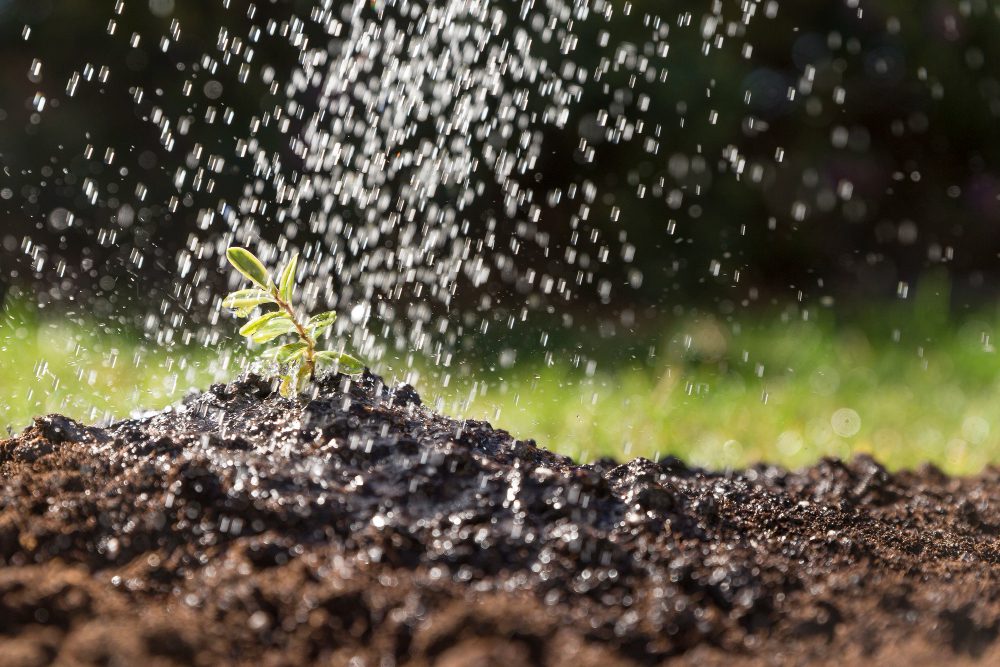The Miracle of Biochar in Agriculture

Maximizing Water Retention and Soil Fertility
Enhancing Soil Health with Biochar from Wood Biomass
Soil water limitations often restrict plant growth in unirrigated agricultural, forestry, and urban systems. Biochar as a soil amendment increases water retention, but not all of this additional water is necessarily available to plants. Differences in the effectiveness of Biochar in improving soil water limitations are because of differences in feedstock cell structure.
Harnessing Microbial Activity for Nutrient Absorption
Optimizing Plant Growth with Biochar's Porous Structure


Balancing Soil Nutrient Levels for Sustainable Agriculture
Cation Exchange Capacity (CEC) and Nutrient Retention
While Biochar is not a fertilizer, its adsorbing characteristic attracts positively charged cations; therefore, the phenomenon of Biochar adsorbing and holding to release the cations for the plant roots is called Cation Exchange Capacity(CEC). The CEC of Biochar helps stop nutrients from leeching away in the soil.
Increasing Agricultural Productivity with Biochar
Field Studies and Crop Yield Impact


Implementing Biochar for Sustainable Farming Practices
Considerations and Recommendations for Biochar Application
Biochar has high potential as a sustainable product for increasing soil health and fertility in agricultural soils. Biochar’s production, its source biomass changes its effects on soils it can surely reduce the need for commercial fertilizers.
Note: Keep in mind that some crop production practices and soil types may produce different results when using Biochar.


